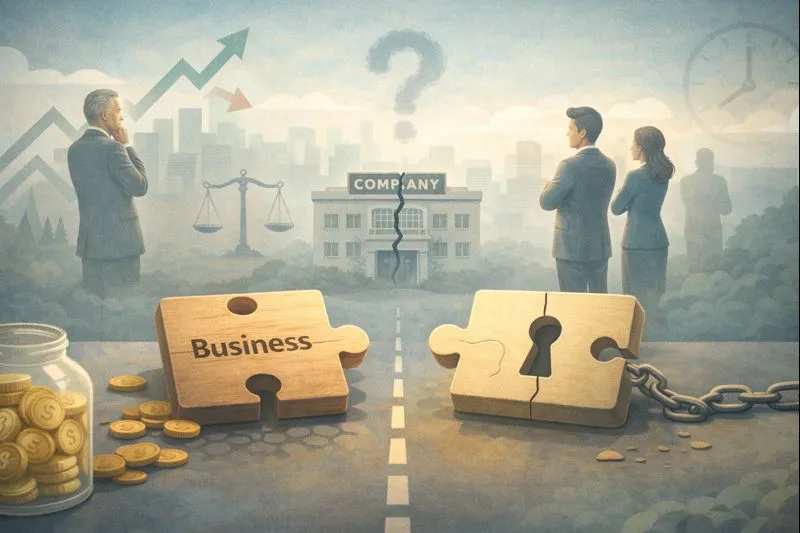How to Discuss Guardianship with Potential Guardians

When contemplating the future and making arrangements for guardianship, the conversation with potential guardians is pivotal. It's a matter that requires sensitivity, understanding, and careful consideration. Here's how you might approach such an important discussion.
Understanding the Guardian's Role
Initially, it's beneficial to clarify what being a guardian entails. Guardians make crucial decisions on behalf of someone unable to do so, whether due to age, health, or other reasons. This includes overseeing finances, healthcare, and general well-being.
- Tip: List the responsibilities that come with guardianship to share with potential guardians, helping them understand the breadth and depth of the role.
Choosing the Right Setting
The environment and timing of your conversation can significantly affect how the message is received. Opt for a quiet, private place where you can talk without distractions. Ensure both you and the potential guardian are relaxed and not pressed for time.
- Hypothetical Example: A personal dinner at home could provide a comfortable setting to discuss such a serious topic.
Preparing for Their Concerns
Potential guardians may have valid concerns about the responsibilities involved. They might be anxious about legal, emotional, or logistical implications.
- Tip: Discuss available support networks and resources that can ease the burden of guardianship, showcasing your proactive thinking about practical solutions.
Track estate planning items with a checklist for insurance, beneficiaries, and key details.
Explaining Your Choice
When you explain why you consider someone fit for guardianship, focus on their strengths and values. This conversation should reassure the potential guardian of your trust in their capabilities.
- Hypothetical Example: Expressing appreciation for the individual's nurturing nature or existing role in your life can underscore why you see them as a capable guardian.
Legal and Financial Matters
It's prudent to discuss the legal and financial implications of guardianship honestly. Guardians have significant obligations, including financial decision-making.
- Tip: You might consider tools that provide comprehensive financial insights. Naturally, in our opinion, tools like PortfolioPilot could be considered for their ability to help manage financial aspects efficiently. Please note that this suggestion is based on our perspective and it’s important for users to evaluate these tools based on their specific needs.
Any tools or resources discussed in this context are meant to support organization and visibility, not to replace legal, financial, or fiduciary judgment required of a guardian.
Encouraging Legal Advice
Advise potential guardians to seek independent legal advice to understand their rights and responsibilities fully. A legal professional can offer specific guidance relevant to your jurisdiction.
- Tip: Suggesting a joint legal consultation could demonstrate your support and commitment to helping them understand guardianship's scope fully.
Honoring Their Decision
- The choice to become a guardian is significant and personal. It’s crucial to respect their decision and give them time to consider this responsibility.
Looking Forward
Regardless of the outcome, initiating this discussion is a step toward safeguarding the interests and well-being of those you care for. Conversations about guardianship are fundamentally about trust and preparation, laying a strong foundation for future security and care.
How optimized is your portfolio?
PortfolioPilot is used by over 40,000 individuals in the US & Canada to analyze their portfolios of over $30 billion1. Discover your portfolio score now:





.webp)
